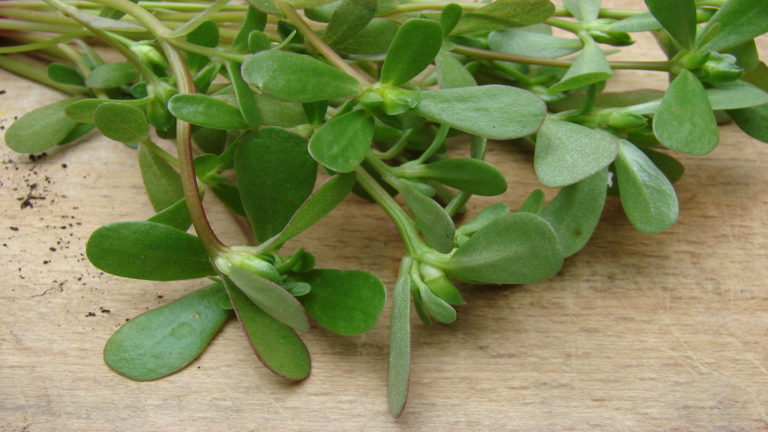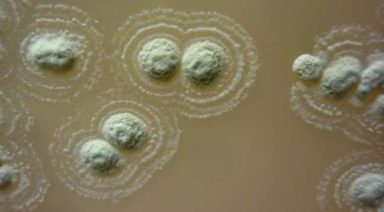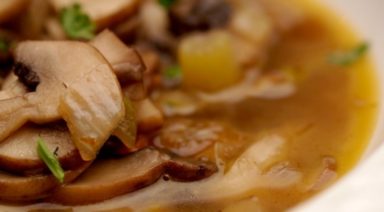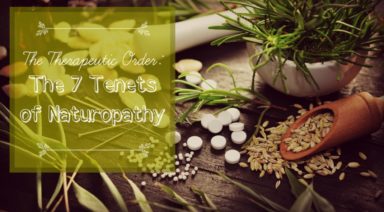Top Food Nutrient Combinations

Learn about the important food combinations for optimum nutrient absorption.
Getting the most nutrition out of your kitchen fridge or backyard garden can be as easy as applying a few main principles. While some nutrients taken together improve the absorption of others, some nutrients can inhibit absorption all together.
Foods that Complement Absorption
Vitamin C and Iron
Iron comes in two forms, heme and non-heme. Non-heme iron is the found in plants and is not as well absorbed as heme iron found in animal products. Vitamin C helps switch iron to the ferrous state, which is easier absorbed.
Examples:
- Add beets to a shake or meal
- Squeeze a fresh orange or lemon on top of a spinach salad
- Add sliced strawberries to any breakfast cereal; hot or cold
- Add green peas to your kidney bean salad
Calcium, Magnesium and Vitamin D
Vitamin D acts like a traffic controller guiding calcium into your bone to make them strong. Since Vitamin D is hard to obtain in sufficient quantities from the sun a supplement is best recommended to take alongside Calcium.
Fat soluble Vitamins and Fat
Fat soluble vitamins include Vitamins A, D, E and K which require fat to be present to be ideally absorbed in the body.
Examples:
- Olive oil drizzled on baked sweet potatoes
- Unsalted almonds or walnuts as a great afternoon snack
- Mashed avocado spread on whole grain toast
- Pine nuts sprinkled on asparagus or broccoli
Foods that Inhibit Absorption
Calcium and Iron
These minerals bind together preventing absorption in the body. A study published in the American Journal of Clinical Nutrition revealed a dose of 165 mg of Calcium (in Milk form) reduced iron absorption as much as 50-60%. It is recommended for Calcium to be taken at bedtime for not only improved absorption but a better sleep too for its muscle relaxing properties.
Example items to not combine:
- Broccoli with Kidney Beans
- Kale with Lentils
Oxalic Acid and Calcium or Magnesium
Oxalic acid binds to calcium to form insoluble salts that cannot be absorbed. It too hampers the absorption of Magnesium.
Example items to not combine:
- Almonds or cashews with Sesame seeds
- Spinach and fortified soy/rice milk
Phosphoric Acid and Calcium
Phosphoric acid binds to calcium in the intestine forming calcium phosphates which are not absorbed.
Example:
- Limit pop consumption which is extremely high in phosphoric acid and only drink away from Calcium rich beverages like fortified soy milk.
The Herb Purslane Is A Nutritional Powerhouse

The lovely, moist succulent known as purslane, is 93% water, features dark magenta stems, and rich green, rounded leaves. Also known as Portulaca oleracea, this nutritious, edible weed has collected some colorful nicknames over the years, including: little hogweed, pigweed, and fatweed.
A first-century historian named “Pliny the Elder” suggested that Romans used purslane as the primary vegetable during dinners and as a crunchy addition to salads. Some 18th-century French farmers were known to hate the plant, saying “it’s a mischievous weed meant for pigs.” The herb can be found in Africa, North America, Asia, and Australia.
Some say that Europe is purslane’s native home, but given its succulence, it most likely originated nearer to deserts. The plant has been native to India, Greece, and Persia for centuries, but may have first appeared in North Africa some 4,000 years ago. Some archeologists suggest the plant is prehistoric. Slightly sour and infused with nuanced flavors akin to watercress and spinach, the fleshy purslane is loved by millions throughout the world.
This jade-like plant can be sautéed, juiced, boiled, pickled, drenched in butter, or featured in a delicious salad with oil, salt, and vinegar. It’s a versatile weed that can be grabbed from the Earth and immediately consumed. As it’s often found in plentiful heaps strewn across the countryside, the plant is easy to grow and has provided helpful sustenance throughout the ages, especially during times of famine.
“I have made a satisfactory dinner on several accounts, simply off a dish of purslane, which I gathered in my cornfield, boiled, and salted.” — Henry Thoreau





































